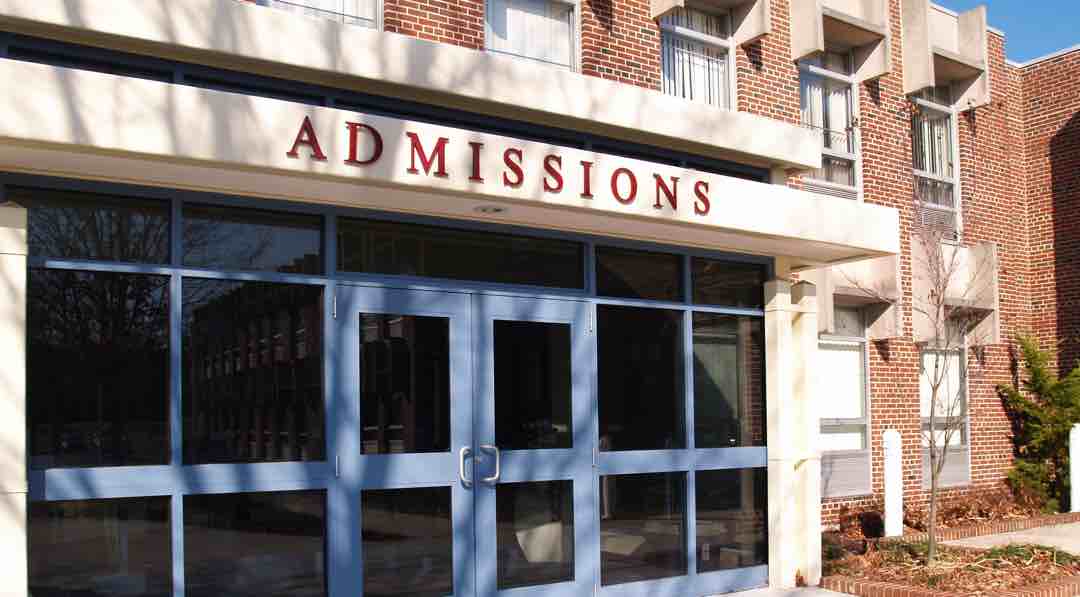Campus tours are essential for finding the right college. Most campus tours focus on amenities and prestige factors, whether in-person or virtual. As a parent or student, it’s essential to ask the following questions during a campus tour:
Career
- What percentage of students have jobs or go on to graduate school after graduating? The average earnings of graduates vary widely from university to university. The Department of Education’s college scorecard tracks this data. Georgetown University Center for the Education and the Workforce has estimates of the extent to which this is due to the education you receive. Sites like LifeLaunchr incorporate these metrics into their college search.
- What percentage of students graduate in four years? Graduation rates are a meaningful symbol of a college’s quality. High rates mean students stay engaged for the time it takes to graduate.
- How effective is the campus career center? Career centers on campus offer a wide range of resources to help you find a job after college: resumé development, interview preparation, and campus recruitment. Ask about how effective they are and what services they offer.
Academics
- What is the student-faculty ratio, how big are introductory classes, and how many are taught by teaching assistants? Student-to-faculty ratios are a good measure of how committed the school is to your education. They can vary from as little as 12:1 to as much as 65:1, so consider the data in your decision. Even if the student-faculty ratio is low, many undergraduate courses are taught by adjuncts or teaching assistants rather than professors. A good sense of this could make a big difference in your education. Tools like LifeLaunchr’s College Match can help. But this is also a helpful question to ask on a campus tour.
- Do they have an honors college? How does it work? Honors colleges can vary widely from college to college, so it’s important to understand how each college’s system works.
- What majors are this college best known for, and what specific majors do they offer in your area? Some majors are very general, and others are pretty specific, so understanding what majors relate to your interest is essential.
- What opportunities exist for undergraduate internships and research? Experiential learning opportunities like internships and research can help students immensely in the job market and graduate applications.
- How easy is it to switch majors? Some colleges make it easy to choose majors late or switch if your major isn’t a good fit. It can be very challenging at other colleges – or for other majors.
Campus Resources and Culture
- What is the campus culture like? Some universities have student bodies from nearby towns, and the campus can be a ghost town on weekends. If you are coming from too far away to go home for weekends, that can make life lonely. At some schools, campus life revolves around sports, fraternities, sororities, or churches. Some universities are traditional. Others are freewheeling and counter-cultural.
- How does the college help students learn to write? No matter your major, it’s critical you learn to write effectively. Universities have writing centers to help students with their writing assignments and course requirements to help students learn to write better. Ask about those.
- How diverse is the campus, and how does it support students of various religions, races, and ethnicities? Understanding how the college supports students with different social or religious traditions and allows students to find others with whom they have much in common can be significant to your choice.
- How diverse are the cafeteria menus? Most universities now offer several cafeterias or eateries, but finding healthy food on campus can get tricky if you are a picky eater or have dietary restrictions. Colleges now say that about 30% of students eat some form of a vegetarian diet, and many people follow kosher, are sensitive to gluten, or have food allergies. More and more students grow up in households where the food is tied to specific ethnicities or cultures, so finding food you’re used to may take work. If you are in any of these categories, ask what options there are. Even better, eat a meal on campus during your tour or while visiting. See how you like it.
Financial Aid & Scholarships
- How Big is the Average Aid Package, and What is it Based On? Colleges offer different kinds of aid: merit aid, meant to entice students to attend a particular college, and need-based aid, intended to make the college affordable to low-income students. Ask about how big the aid packages are and how they design them.
- Are Scholarship Applications Part of the Main Application, or Do They Need Separate Applications? At many colleges, you don’t need separate applications for scholarships. However, some colleges and some scholarships require individual applications. Ask so you can have a good idea.
Asking these questions will give you a better understanding of the college and help you make an informed decision.







0 Comments
Trackbacks/Pingbacks